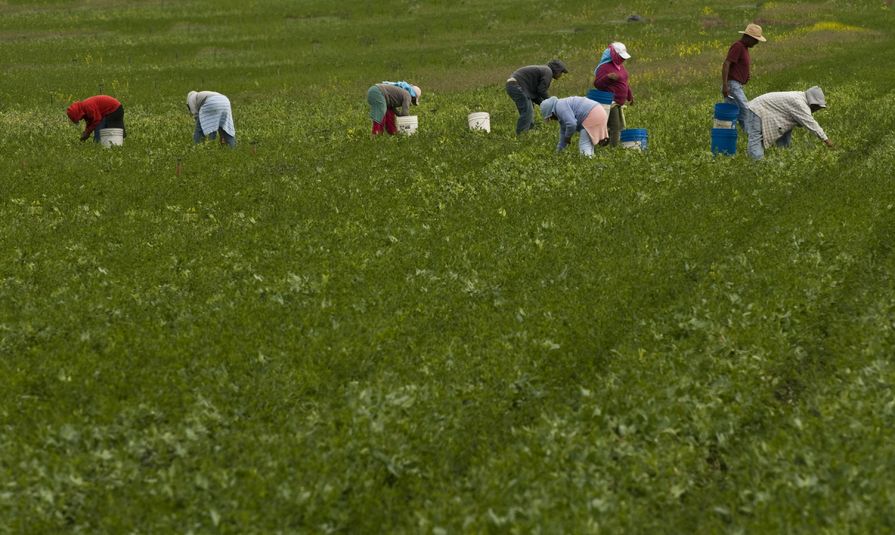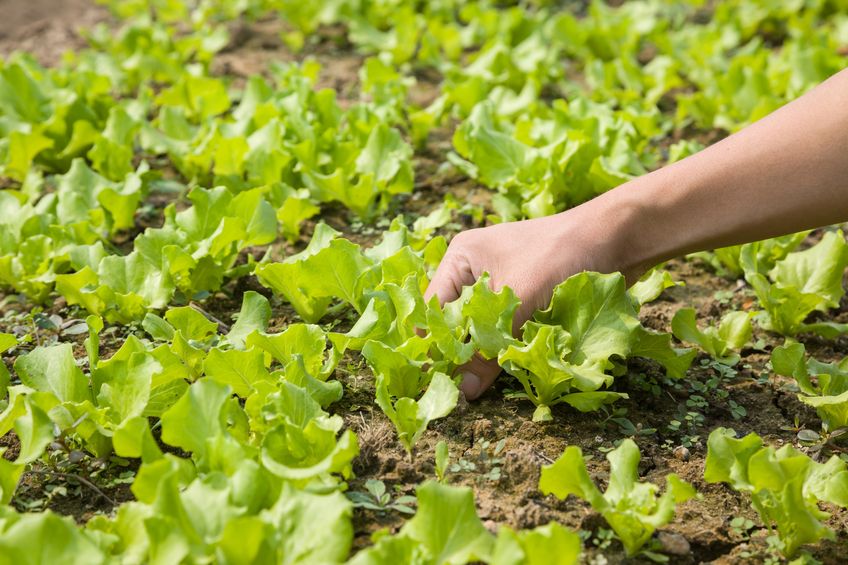
Access to the foreign labour market is 'critical', according the chief executive of the British Growers Association, Jack Ward.
Talking about Britain’s decision to leave the European Union he said that ‘the implications could be very serious for the fresh produce sector.’
The majority of British fruit, vegetables and salads are picked, processed and packaged by 60,000 to 70,000 overseas workers, mostly from Europe.
Mr Ward said that there was ‘widespread concern’ amongst growers about where they were going to find this labour if the government was to clamp down on free movement.
He warned that we could see sections of our industry slowly migrating to other parts of the world, saying ‘people will be disappointed if one of the outcomes of Brexit is that we actually end up importing more of our product.’
He suggested that Brexit could drive more investment into technology and automation as an answer to the labour shortfall but warned there was still a way to go before these advances might be available to the majority of growers.

'Devastating impact'
The National Farmers Union has also heeded the warning, saying UK farmers and growers must have access to a skilled and flexible labour source or there could be a "devastating impact" across many farming sectors.
The call comes as many farmers up and down the country work around the clock to bring in the nation’s harvest.
The NFU said its immediate concerns centred on farming’s ability to access essential markets as well as farmers being able to source essential labour and trade on a level footing with their competitors.
With some farming sectors, such as horticulture, relying heavily on non-UK seasonal and year-round workers, the NFU has today called for access to labour to be a key consideration in the on-going talks to shape a new domestic agriculture policy.
NFU President Meurig Raymond said horticulture is already experiencing labour shortages which "looks set to get worse."
Mr Raymond said: "And we know it’s not just horticulture that will be affected.
"Non-UK workers are often employed in a whole host of roles throughout farming and are crucial in day-to-day tasks as well as at peak times as we are now experiencing with harvest.
"We have already written to the Brexit minister, David Davis, about our concerns, and we continue to meet with Government departments to work on behalf of our members.
"We want to seek assurance that they will be able to have access to the labour they need so they can continue to produce food for the nation.
Last month, a briefing paper published by the Food Research Collaboration called for Britain to invest in its agricultural workforce to cope with changes in migration policy after Brexit.
